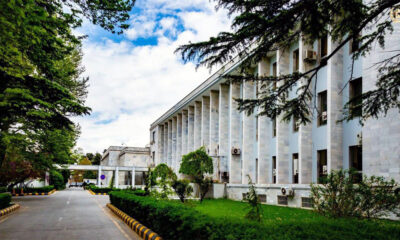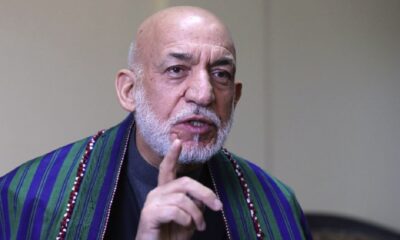Business
Over 80,000 square meters of Afghan carpets exported monthly: Union

The Union of Carpet Producers and Exporters in the western zone of the country says over 80,000 square meters of carpets are exported to world markets every month, and that the volume of exports has continued to grow.
The union officials, however, say they do not have direct access to the world markets, but Afghan carpets are sent to the markets of European and American countries through Pakistan.
“According to a survey conducted in 1402, it can be said that 80 to 100 thousand square meters of carpets are exported to different countries every month,” said Mohammad Rafi Naderi, head of the union.
Carpets are usually exported through Pakistan to the US, Canada, England, European countries and some Asian countries, he said.
Meanwhile, carpet sellers in Herat city expressed concern saying that although the market for carpets has improved, they cannot send domestic handwoven carpets to global markets directly.
According to them, Afghan carpets are still exported to the world markets as having been woven in neighboring countries, stressing that there was a need to promote Afghan carpets.
“Now traders don't come, now our goods go to Pakistan, and from Pakistan, our carpets are being exported under the name of Pakistani goods abroad,” said Abdul Khaliq Qaderi, a carpet seller.
Meanwhile, Herat's Department of Industry and Commerce says the process of exporting carpets abroad has improved recently, so efforts are being made to improve the carpet industry and export it to global markets.
“In each zone, places have been selected for better export, good control and packaging,” said Bashir Mohammad Seerat, head of Herat Industry and Commerce Department
According to him, due to the export of carpets from Herat, a facility is being considered where carpets can be packaged.
Business
Shoemaking industry in Takhar province facing stagnation
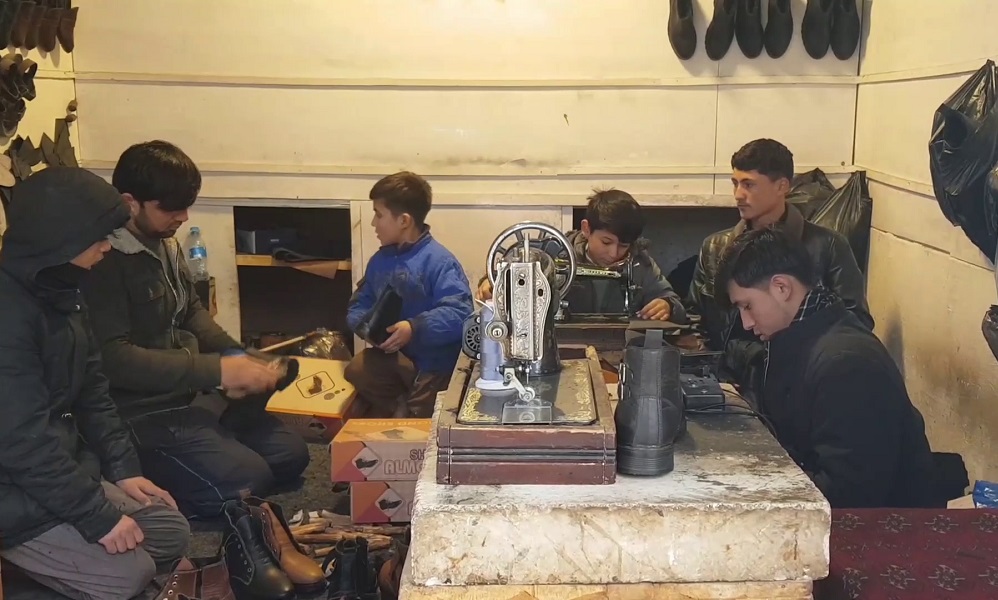
A number of shoemakers in northern Takhar province say that while their handmade shoes are of better quality than imported shoes, but still sales are down.
According to them, there were more than 20 shoe-making shops in the past, but now some have been closed due to the decline in sales.
The shoemakers make most of their shoes from leather. A number of industrialists say that this industry is now facing stagnation.
Abdul Raqib, a shoemaking factor owner, said: “The government should support us. Currently, we import soles. It can be made with good quality in Afghanistan, and we could even compete against Turkish shoes.”
Meraj, another shoemaking factory owner, said: “Shoe sales were higher in the republic era. There were military shoes. Sales have declined now, but we still thank Allah.”
Shoemakers make these shoes with basic tools and by hand, with 5 to 8 people working in each shop.
Javed, a shoemaker, said: “Our sales are not so good. We can make any type of shoe or slipper. We want the government to support us.”
A number of Takhar residents say that domestically produced shoes are of high quality and with lower price compared to imported shoes, so people prefer domestic products to foreign products.
Mir Ata, a resident of Takhar, said: “We are very happy about domestic shoes. People should buy it. They are of good quality.”
However, the officials of Takhar Industry and Commerce Department say that they are committed to support the industrialists.
Abdul Rahman Ghaznawi, provincial director of industry and commerce, said: “People prefer domestic shoes and slippers. Takhar’s products are sold in Kunduz, Baghlan and Badakhshan as well.”
Meanwhile, industrialists say that if the government supports them, they will be able to make the best products and can be more competitive.
Business
Daily truck clearances at Torkham drop from 400-500 to 5-10
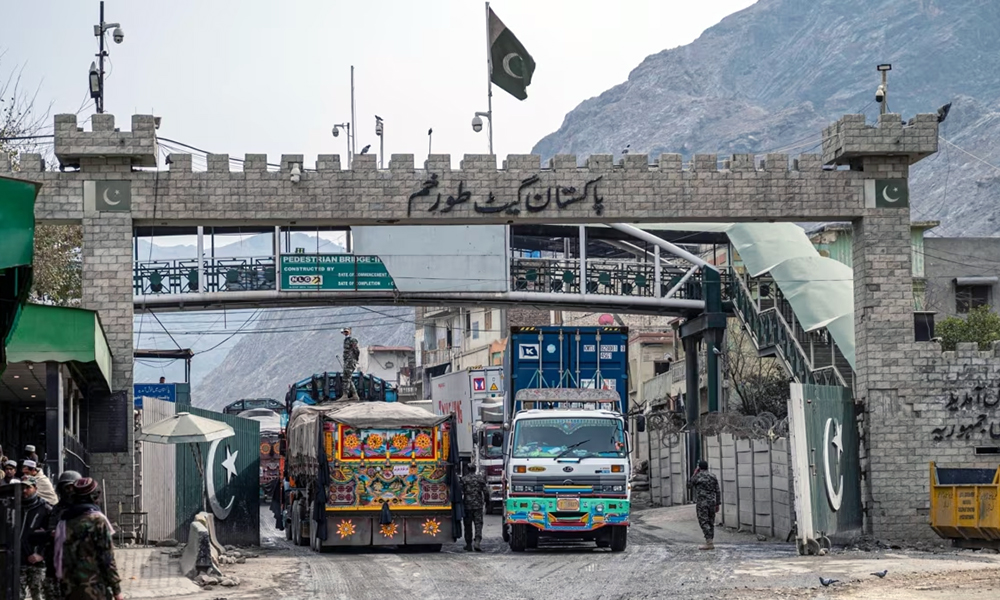
Pakistan’s Sarhad Chamber of Commerce and Industry (SCCI) has said that daily truck clearances at Torkham crossing have declined from 400-500 to 5-10.
SCCI President Fazal Muqeem Khan said this at the signing ceremony of a memorandum of understanding (MoU) with the Pakistan-Afghanistan Joint Chamber of Commerce and Industry to promote bilateral trade and cooperation.
He said the volume of trade between Pakistan and Afghanistan had fallen from $3 billion to $1 billion annually.
Fazal Muqeem also highlighted the adverse impact of the 2% Infrastructure Development Cess (IDC) imposed by the Khyber-Pakhtunkhwa government on trade and transit.
Business
Turkish scholars, charity officials assess investment prospects in Afghanistan
Officials pledged to encourage Turkish investors to explore and capitalize on investment opportunities in Afghanistan
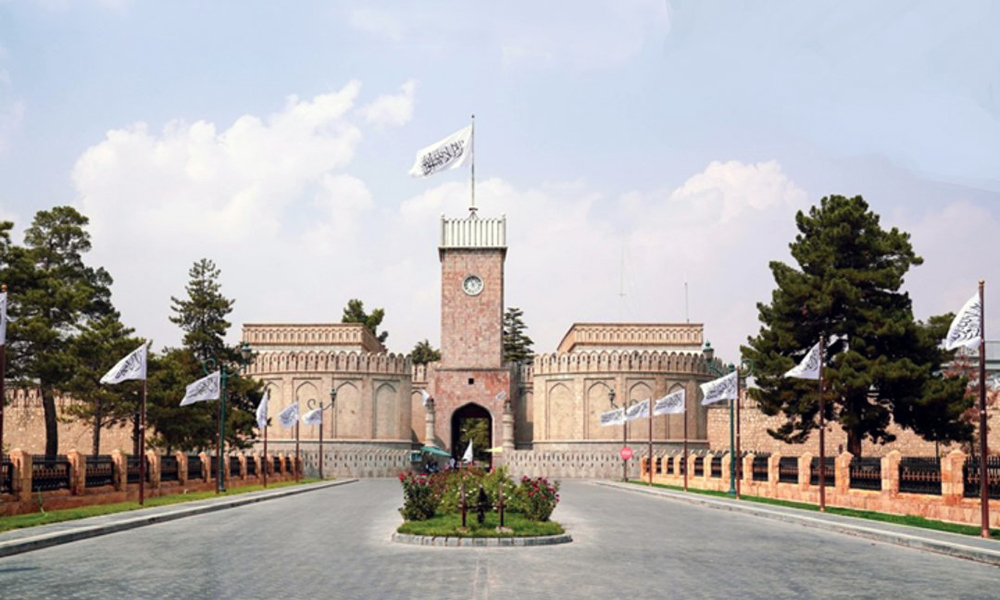
Afghanistan’s Acting Minister of Energy and Water, Mullah Abdul Latif Mansoor, met with a delegation of Turkish scholars and officials from the Adif Charity Foundation on Tuesday to discuss various political, religious, and social issues.
According to the Ministry of Energy and Water, Mullah Mansoor praised Adif’s humanitarian efforts in Afghanistan and highlighted the country’s ample resources for energy production.
He emphasized that Afghanistan currently offers a favorable environment for investment in all sectors, assuring the Turkish delegation of the Islamic Emirate’s commitment to ensuring the safety and security of investors and their assets.
In response, Adif officials pledged to encourage Turkish investors to explore and capitalize on investment opportunities in Afghanistan, signaling a potential boost in economic and developmental cooperation between the two nations.
-

 Latest News5 days ago
Latest News5 days agoAfghan men must stand with women to support viable future of country: US envoy
-

 Sport4 days ago
Sport4 days agoAfghanistan clinches ODI series victory against Zimbabwe
-

 Business3 days ago
Business3 days agoShoemaking industry in Takhar province facing stagnation
-
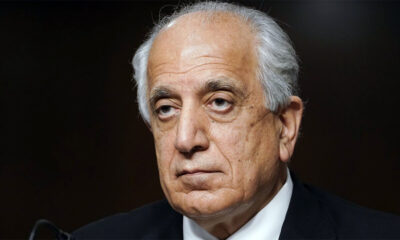
 Latest News5 days ago
Latest News5 days agoIEA can learn from Syria’s al-Sharaa: Khalilzad
-

 World5 days ago
World5 days agoBiden approves $571 mln in defense support for Taiwan
-

 Latest News4 days ago
Latest News4 days agoA new polio vaccination campaign is set to launch in Afghanistan
-

 Latest News3 days ago
Latest News3 days agoEight Afghan migrants die as boat capsizes off Greek island
-
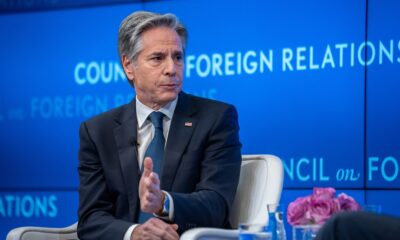
 Latest News5 days ago
Latest News5 days agoBlinken urges immediate lifting of restrictions on women’s education and work in Afghanistan


